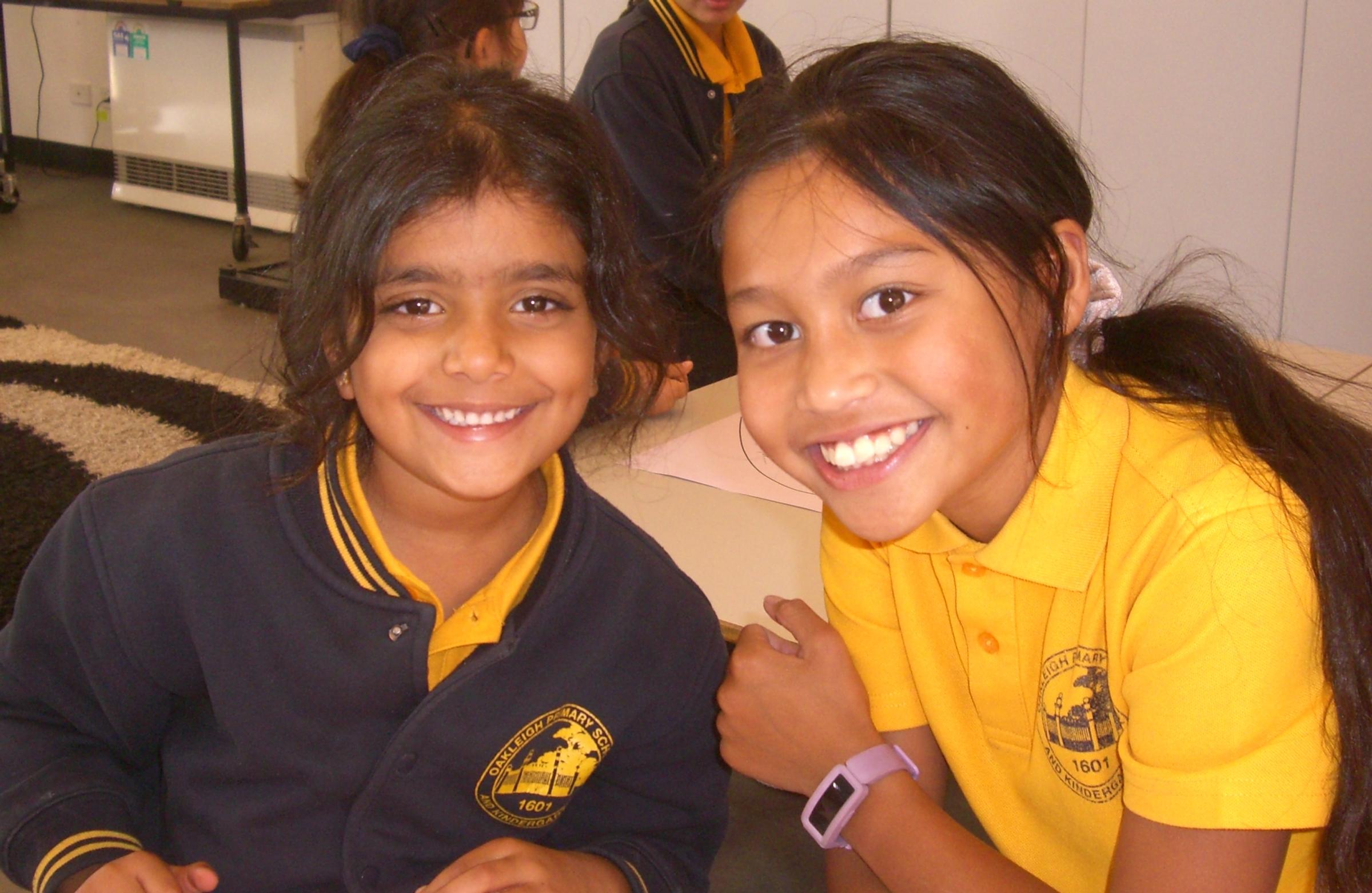From the AP

Respectful Relationships – Topic 5: Stress Management
Children and young people experience a range of personal, social and work-related stressors in their everyday lives. Stress is a normal part of life, especially as children get older. Drawing from the Resilience, Rights and Respectful Relationships lessons, stress can be defined as what a person feels when they are worried or feeling uncomfortable about something challenging in their environment.
Stress can also be positive. People can be excited and engaged by challenging situations. But we more commonly use the word stress to refer to the negative feelings we have about the challenges we experience.
Stress can be a response to one single challenging experience, or it can be the build up over time of lots of smaller or long lasting challenges.
Children who cope better with life’s stressors develop good mental health and wellbeing. Activities within this topic have an explicit focus on teaching positive approaches to stress management. Assisting children to recognise their personal signs and symptoms of stress, and to develop strategies that will help them to deal with stress effectively, will help students cope with future challenges. The activities focus on the ways in which self-calming strategies can be used to manage stressful situations.
Children can be supported in stress management by also using some of the positive coping strategies from Topic 3.
Below you will find what the following year levels are learning around Stress Management:
Foundation students are learning to:
- Develop self-calming and self-control strategies
Year 1 students are learning to:
- Talk about the place of quiet time in helping them cope with challenge
- Develop a definition of stress
- Recognise how stress can be felt in the body
- Identify experiences that can cause feelings of stress
Year 2 students are learning to:
- Choose strategies for dealing with their fears, anger and sadness
- Practise relaxation techniques
- Recognise there are strategies that can help a person to be calmer and more relaxed
Year 3 students are learning to:
- Develop their recognition that problems are a normal part of life
- Increase their ability to identify and name problems
- Recognise that there are solutions to problems
- Develop a range of strategies to use in working to solve problems
Year 4 students are learning to:
- Identify that there are a range of strategies that can be used to help deal with strong emotions
- Practise strategies for calming and coping when upset
- Practise relaxation techniques
- Identify times when they can use relaxation techniques to reduce tension levels
Year 5 students are learning to:
- Identify the problem in a scenario
- Brainstorm possible options for a solution
- Compare options and choose one to try
Year 6 students are learning to:
- Identify the problem in a scenario
- Brainstorm possible options for a solution
- Compare options and choose one to try
- Reflect on the challenges of carrying out choices in social situations
- Evaluate an action
- Modify an action based on advice
- Develop advice for how to deal with situations
Adele Cuff
Positive Education Leader
